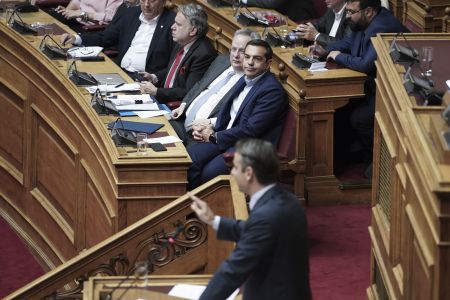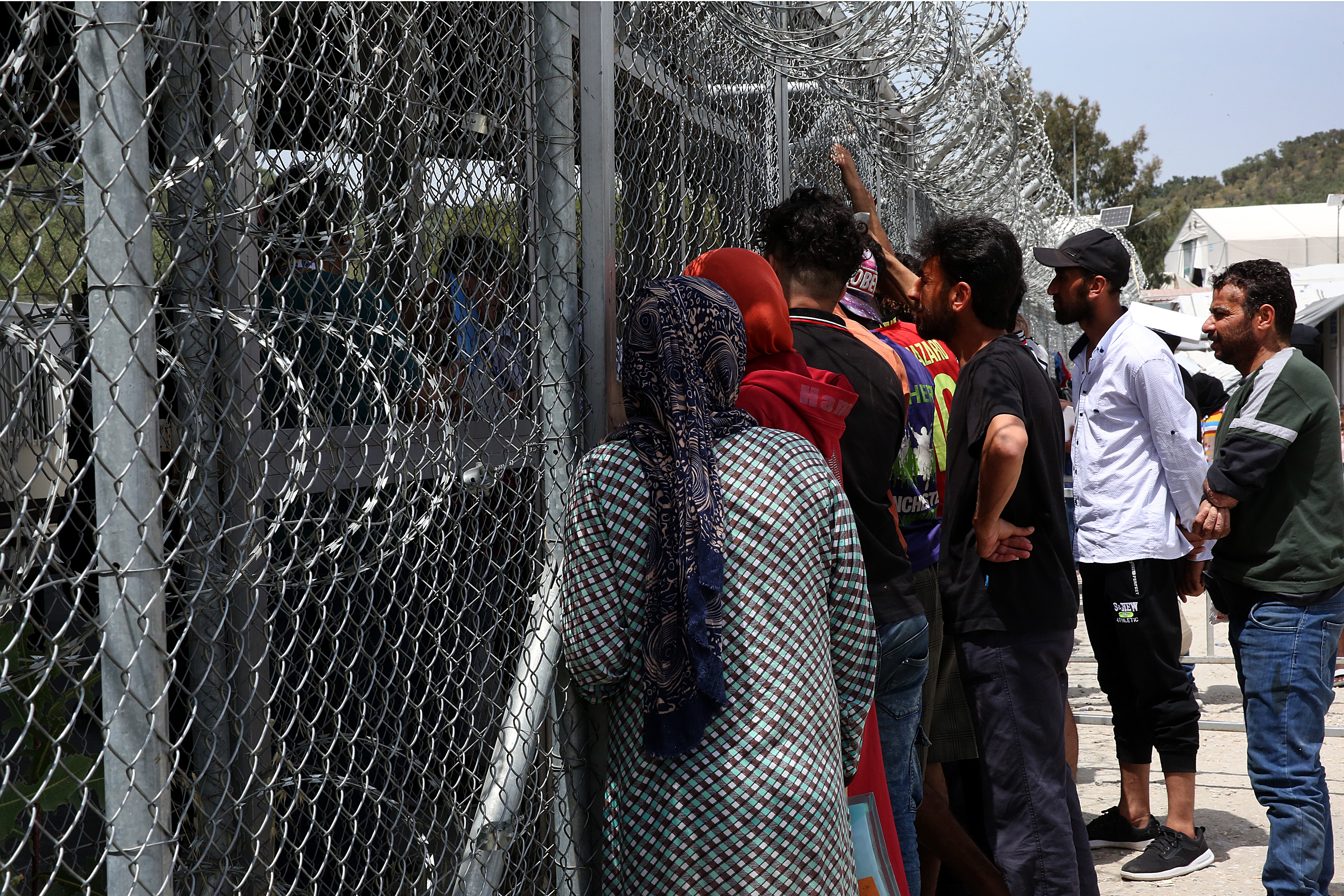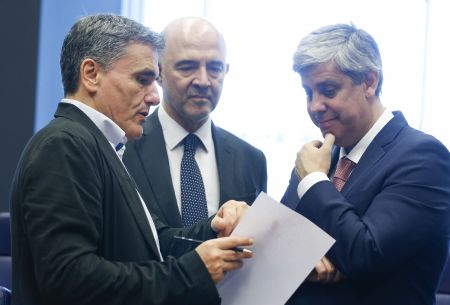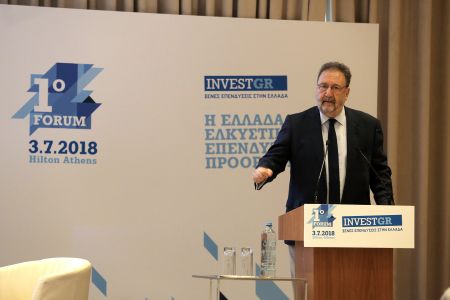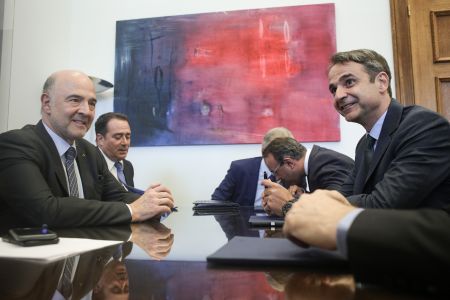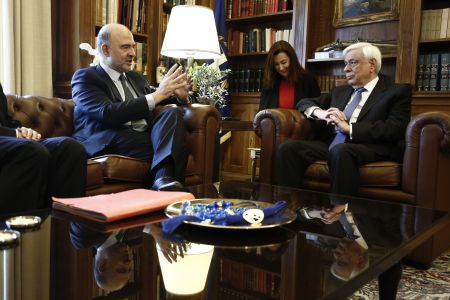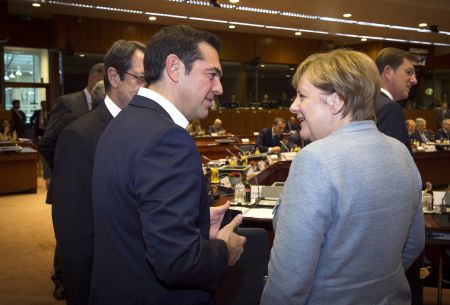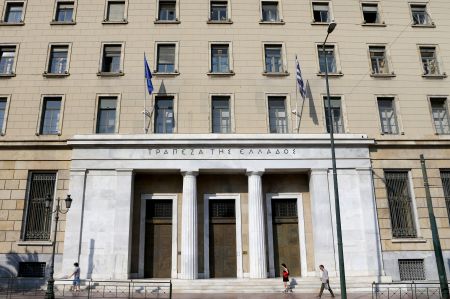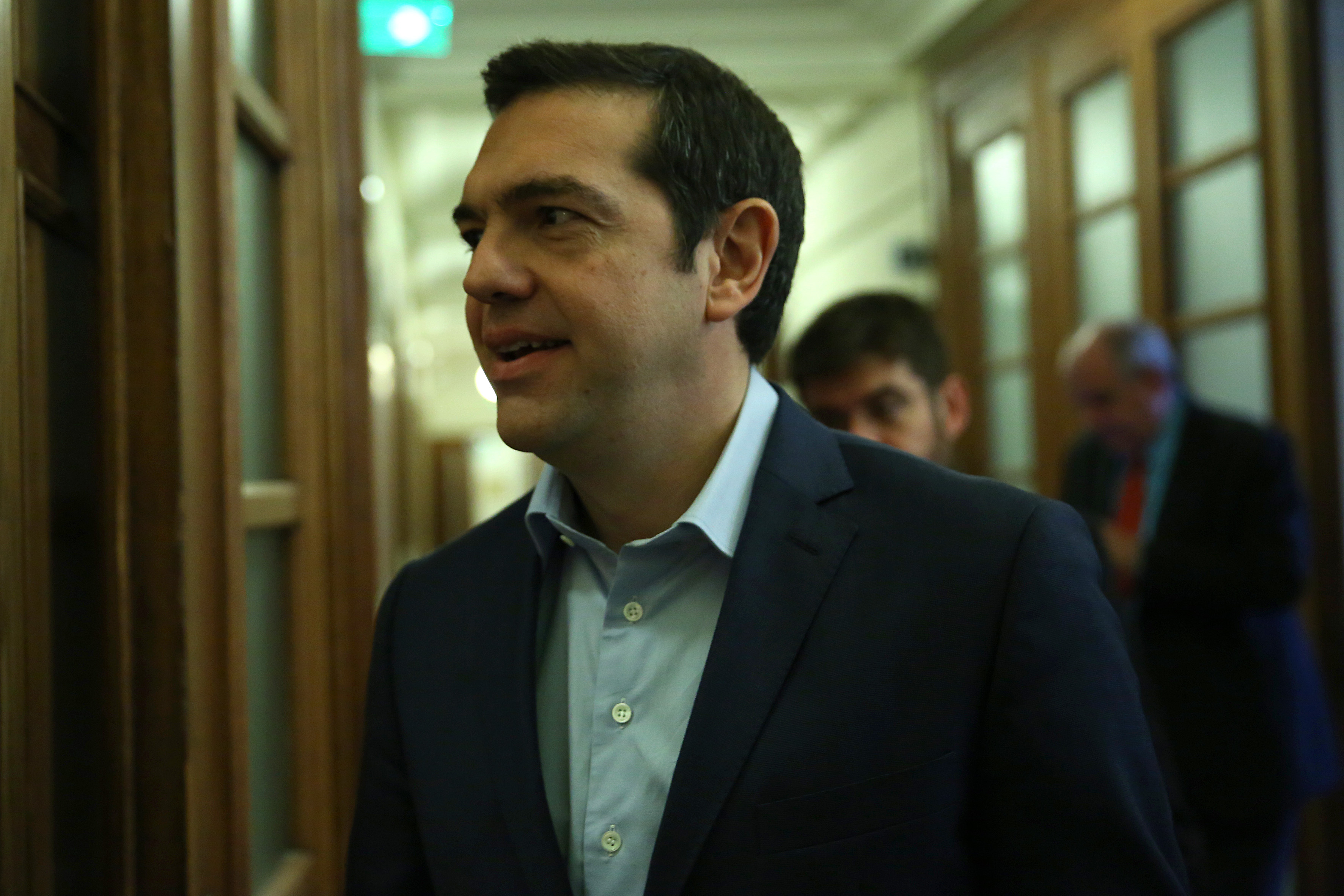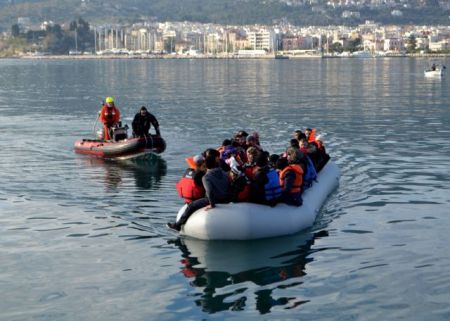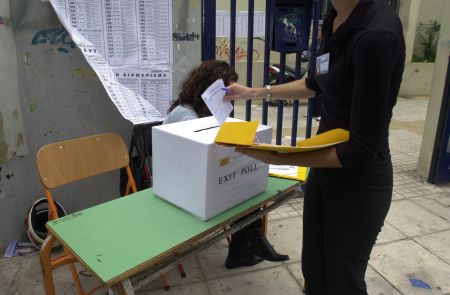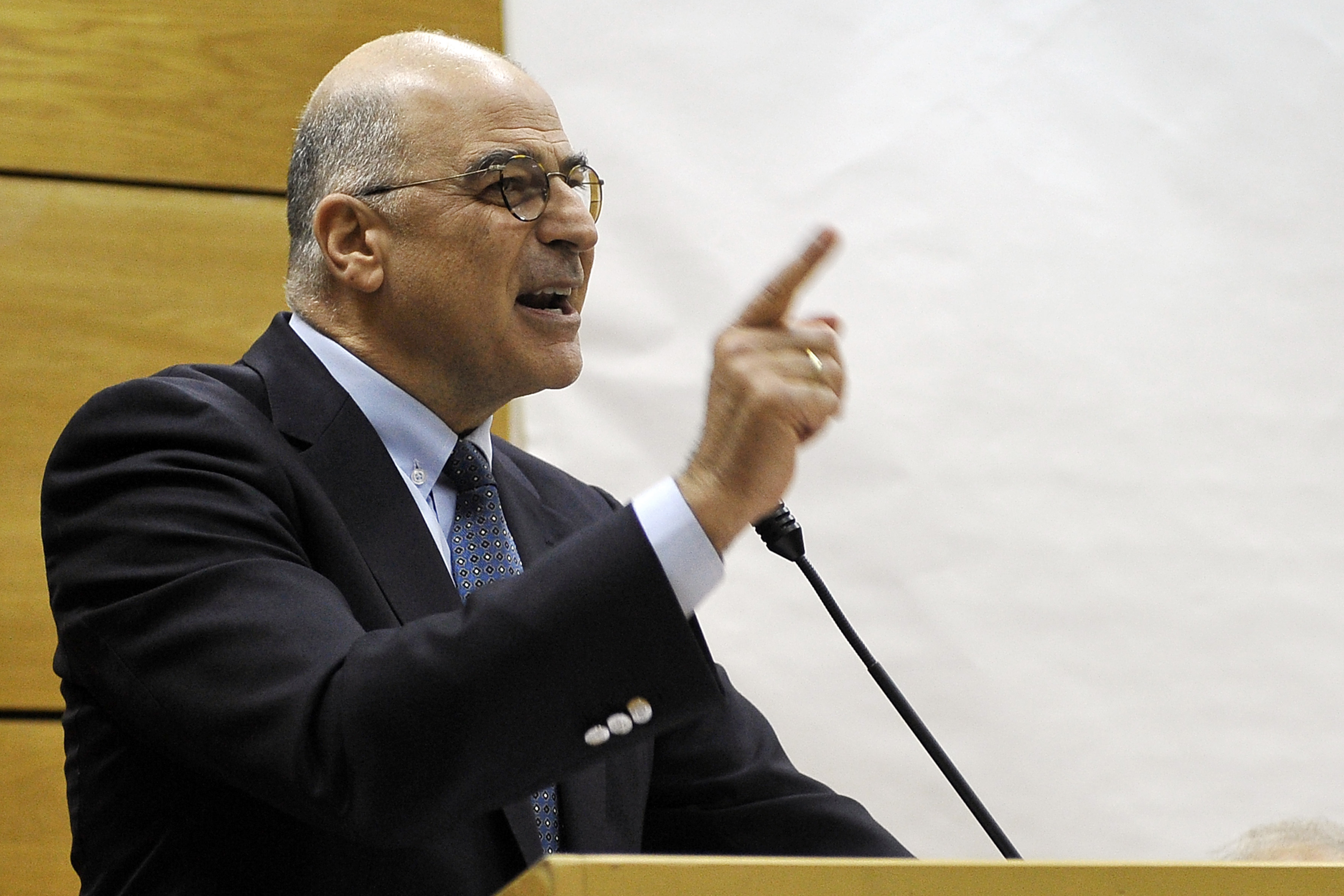Τελευταίες Ειδήσεις
-
«Αλλάζω Θερμοσίφωνα»: Ανοίγει σήμερα η πλατφόρμα – Σε ποιους θα δοθεί προτεραιότητα
-
Φωτιά στο Λος Άντζελες: «Θα μείνει τραύμα στο αμερικανικό συλλογικό ασυνείδητο»
-
Ανατροπές στα κοινωνικά επιδόματα – Τι φέρνει ο νέος χάρτης
-
Πατέρας του 22χρονου: «Τον ξέρουν όλοι τον 45χρονο, έχει τεράστιο ποινικό μητρώο»
-
Η σφοδρή σύγκρουση με την ευθύνη
-
Υδρογονάνθρακες: «Κληρώνει» για τις έρευνες στην Κρήτη – Το δίλημμα της ExxonMobil, ο νέος παίκτης
-
Ο πρώτος χιονιάς του 2025 είναι εδώ – Πού υπάρχουν προβλήματα, κλειστά σχολεία και δρόμοι
-
Φωτιά στο Λος Αντζελες: Στους 24 οι νεκροί – Δεν σταματά η καταστροφική πύρινη λαίλαπα
-
Το Βήμα Σήμερα Podcast: Πώς η «Dubai Chocolate» επηρεάζει την τιμή της σοκολάτας
-
Χειμερινές εκπτώσεις: Πρεμιέρα σήμερα – Τι να προσέξετε – Οι Κυριακές με ανοιχτά καταστήματα
-
Τροχαίο: Νεκροί αστυνομικός διευθυντής και η συζυγός του – Μπαγκαζιέρα εξέτρεψε την πορεία τους
-
Boeing: Μειωμένη η παραγωγή αεροσκαφών, στο ήμισυ της αντίπαλου Airbus
-
Σεισμός στο Γαλάτσι: Σεισμική δόνηση 2,3 ρίχτερ τα ξημερώματα
-
Καιρός: Ισχυρή βροχή στην Αττική – Κεραυνοί και βροντές – Ο χάρτης των βροχοπτώσεων
-
Το μεγάλο παζάρι για τα ιδιωτικά ασφάλιστρα
-
5 το πρωί: Εγκληματικές ευθύνες στα Χανιά – Στα λευκά η βόρεια Ελλάδα – Εικόνες Αποκάλυψης στο Λος Άντζελες
-
Μητσοτάκης εναντίον Μασκ
-
Κωστής Παλαμάς: Η ιδιαίτερη σχέση με τη μαθήτριά του, Λιλή Ιακωβίδου
-
Η τετραπλή φωτιά του Λος Αντζελες στην καρδιά του χειμώνα και η εξήγηση των ειδικών
-
Ρεάλ Μαδρίτης – Μπαρτσελόνα 2-5: Σπάνιο ποδοσφαιρικό θέαμα
-
Κροατία: Επανεκλογή του Μιλάνοβιτς με ποσοστό 74,5%
-
ΑΕΚ – Athens Kallithea 2-0: Μήτογλου και Λαμέλα «υπέγραψαν» τη νίκη
-
Άγιος Δημήτριος: Βίντεο-ντοκουμέντο από τους πυροβολισμούς δίπλα σε παιδική χαρά
-
ΠΑΟΚ – Βόλος 1-2: Αδιανόητη ανατροπή στις καθυστερήσεις
-
Αποκλειστικό: Εγκληματικές ευθύνες για το θανατηφόρο τροχαίο στα Χανιά
